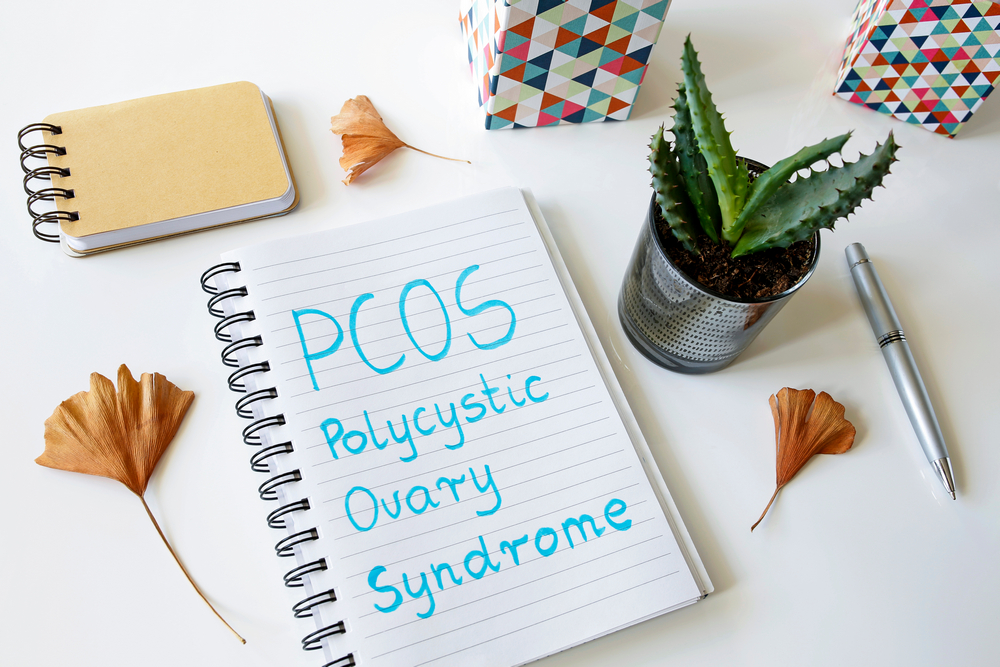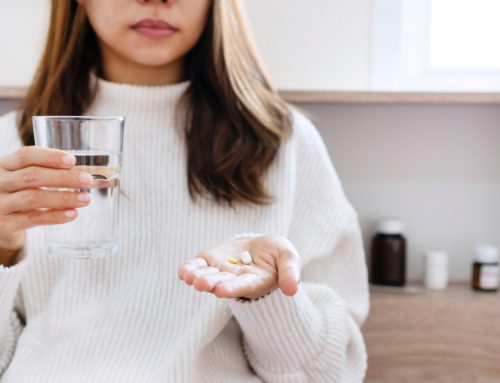Polycystic ovary syndrome (PCOS) is one of the most common endocrine disorder within the childbearing age. This condition has not gotten a lot of public attention, but it affects to many young women. About 5-10% of teens and young women have this diagnosis and may not know. There are multiple symptoms among the most common irregular periods, weight gain, acne, and excess facial and body hair. There are other more severe and life-altering symptoms like type 2 diabetes, infertility, and cardiovascular diseases. These don’t happen to all, but they vary for each teen or young woman. It is important to keep mental health in mind when talking to teens and a young woman about the topic. Most are struggling with depression because of the way symptoms impact their life. It is essential to have a better understanding of this disease, the cause, how modern medicine treats it, and the importance of proper nutrition and exercise to support teens and young women with PCOS.
What is PCOS?
Polycystic ovary syndrome (PCOS) is a hormone imbalance, particularly high testosterone levels that can cause irregular periods, acne, and excess hair. Poly meaning “Many” and cystic meaning “Cysts” refers to many small cysts in the ovaries. These small cysts or follicles develop in the ovaries when the outer wall of the ovaries thickens giving the ovary a polycystic appearance. The fact that there are cysts in your ovaries does not mean that they have to be surgically removed or cancerous. Commonly, due to the imbalance of hormones, many will have irregular periods. Severity is different from case to case, but they are all tied with having these symptoms minimum for a year and elevated levels of testosterone when no other medical conditions are apparent.
Abnormal hair growth associated with PCOS
If a woman’s body is producing too much testosterone excess hair and acne on the face and other parts of their body can happen. Women are biologically designed to make testosterone, but with PCOS, the ovaries produce more testosterone than the usual women. Excess hair growth in areas such as chin, upper lip, sideburn, chest, and stomach happen because hair follicles and skin cells are susceptible to the slight increase in testosterone.
Proactive lifestyle to treat PCOS
Having a healthier lifestyle will help you treat PCOS. Nutritious foods and daily exercise can have a profound and positive effect on hormonal levels. Researchers have shown that losing the minimum about of weight as minimum as 5% in a woman who has PCOS can eliminate some of the symptoms tied with this disorder. Diet also has a huge impact on hormones. One way we can simply get rid of excess hormones is to EAT YOUR GREENS! Cruciferous vegetables like leafy green vegetables, help the liver detoxify any excess hormones.






